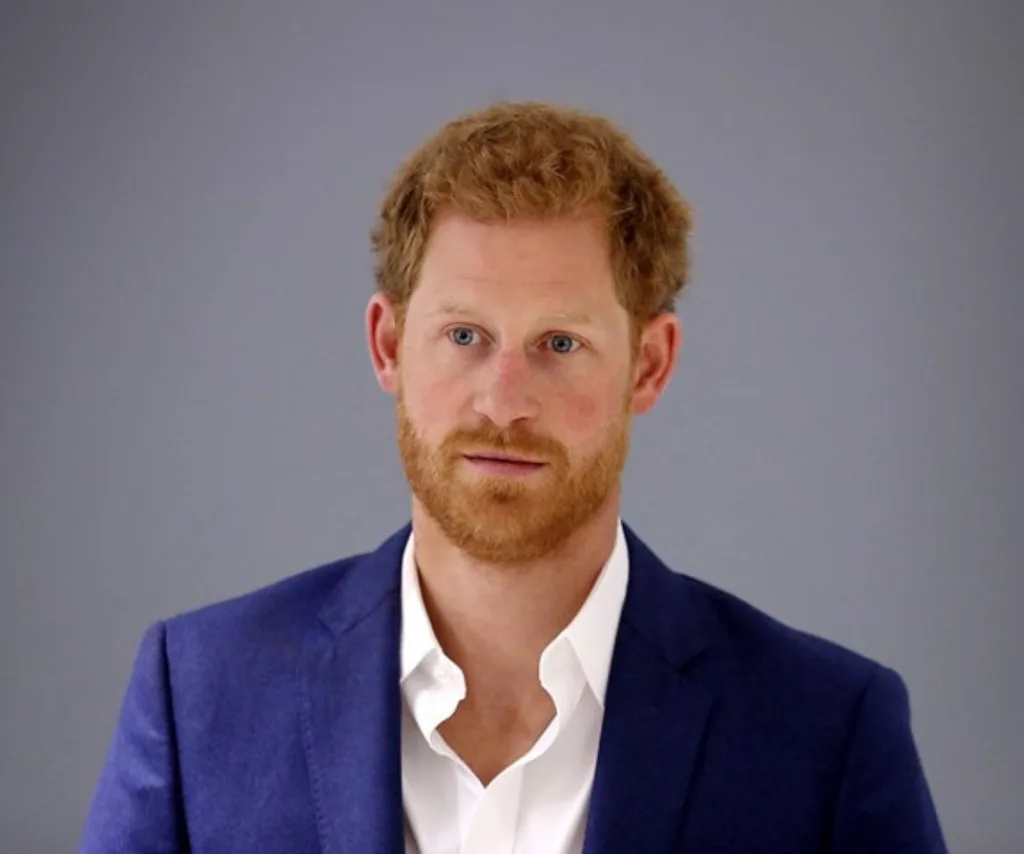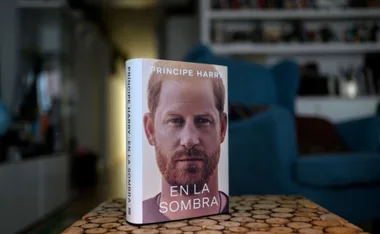Prince Harry could potentially have his US visa revoked due to his candidness in his memoir Spare.
In Spare, Harry admitted that in the past he’s experimented with multiple illicit drugs such as cocaine, magic mushrooms and marijuana.
And after being refused access to Harry’s visa application to see if he declared this history of drug use, the Heritage Foundation – a conservative think tank based in Washington, DC – has confirmed it launched a legal dispute against the State Department.

The Heritage Foundation has launched a legal dispute after the State Department refused it access to Prince Harry’s visa application.
(IMAGE: Getty)Director of the Heritage Foundation, Mike Howell, told The Herald Sun that ”Prince Harry either lied on his application, which can be rejected over drug use, or that he received special treatment as a royal and celebrity, which would be illegal.”
However, a spokesperson from the State Department said visa records are confidential and therefore, ”details of individual visa cases” cannot be discussed.
Legal experts seem to be divided over whether Prince Harry’s visa can be nullified over his confession.
WATCH NOW: Inside Prince Harry and Meghan Markle’s HUGE Californian mansion. Article continues after video.
Former federal prosecutor Neama Rahmani told Page Six that ”an admission of drug use is usually grounds for inadmissibility.”
”That means Prince Harry’s visa should have been denied or revoked because he admitted to using cocaine, mushrooms and other drugs,” she continued.
But high-profile attorney James Leonard said that the Duke of Sussex is not currently at risk of having his visa revoked nor is he at risk of being deported from the US.
”I don’t see any issue with the disclosures in his memoir regarding recreational experimentation with drugs… You’ve got to give them [the US Immigration department] something that would trigger it, and revealing it in a book, that you experimented with drugs when you were a young man, I don’t think gets you there,” he told Page Six.
”Immigration is not going to do anything based on that. If he got arrested or if he got a DWI [Driving While Intoxicated], then we’re having a different conversation.”
This article originally appeared in our sister publication New Idea.
.png?fit=900%2C553)
.png?resize=380%2C285)

